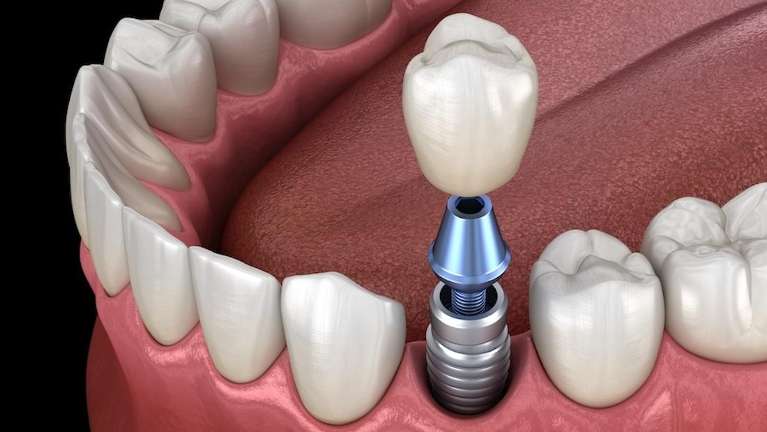
After the recovery period of dental implant surgery, your results will be amazing and life-changing! We advise patients to take their healing seriously and follow any guidelines and instructions we give you at your appointment to promote a smooth recovery.
In this blog post, we share some tips for managing any pain and discomfort after you get your dental implants.
Take It Easy
After dental implant surgery, it’s critical that you don’t overexert yourself for several days. Get plenty of rest and limit your physical activity for at least 72 hours. If you are up and running around too soon after your surgery, you can put unnecessary pressure on the surgical area which can increase your pain and discomfort and delay healing.
Use Recommended Medications
One of the best ways to help manage pain after your surgery is with medication. We will discuss the right type of medication for your needs and pain tolerance to help you stay ahead of your pain and minimize post-procedure discomfort.
Have Ice Packs Ready to Go
Make sure you have ice packs in your freezer before your surgery. Ice can help reduce swelling and inflammation, and the cold can also help provide instant relief. Don’t put ice directly on your gums. Instead, wrap the ice pack in a washcloth or dish towel and place on the outside of your cheek closest to where your pain is. Hold in place for 15 to 20 minute intervals.
Eat Soft Foods & Liquids
The surgical areas will feel tender. After your surgery, stick to a soft food and liquid diet for a week. We recommend foods like bananas, pureed fruit and vegetables, smoothies, yogurt, applesauce, etc. and plenty of water. This will help minimize pain and prevent any damage to your gums from tough or hard foods.
Dental Implant Specialist in Fredericksburg, VA
Are you in need of dental implants and looking for an experienced implant dentist? At North River Dental Care, we provide start-to-finish dental implants to help patients regain a healthy, fully functioning smile. Or do you have additional questions about what you can expect during your recovery? Please contact our office today!






